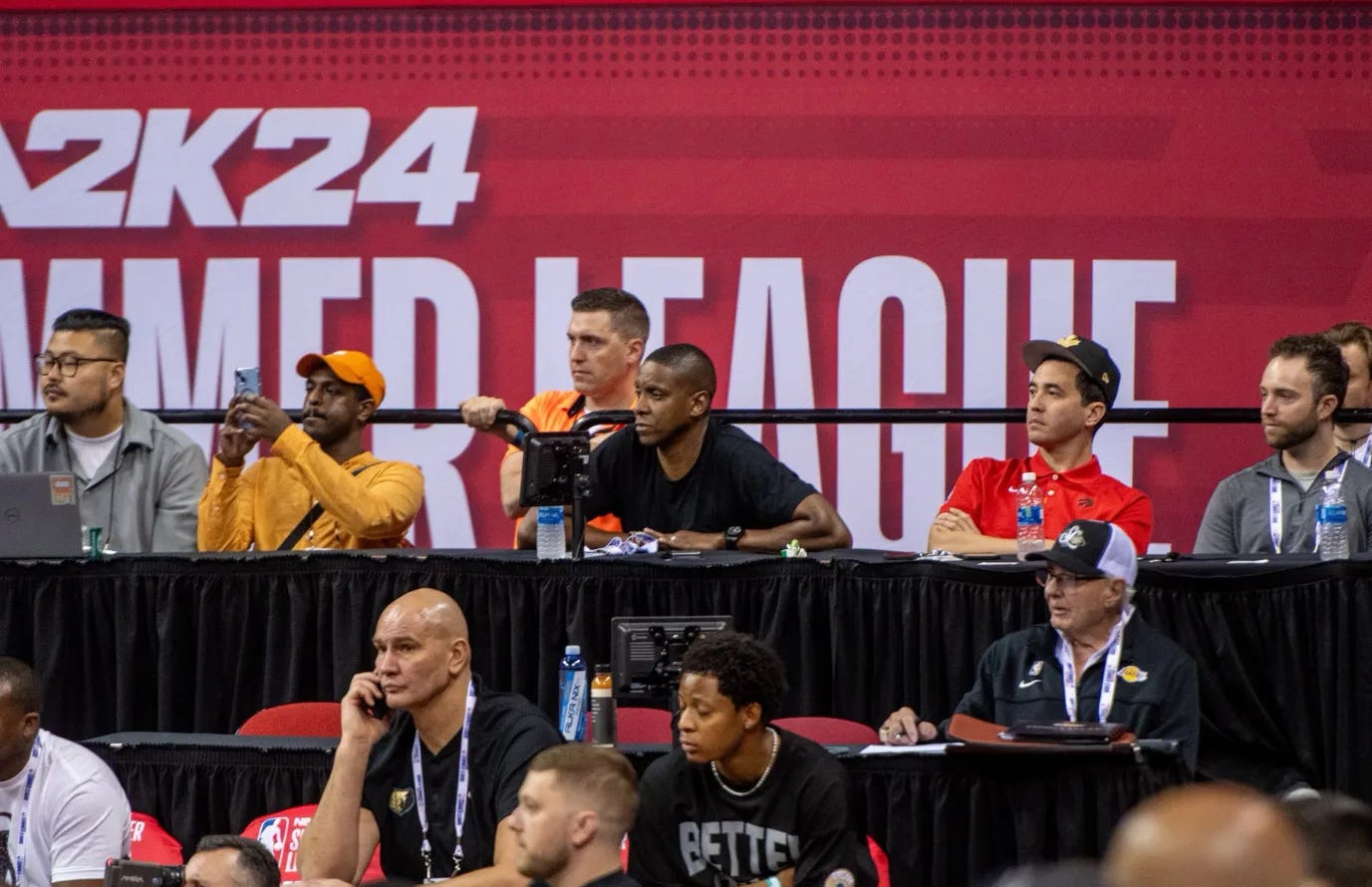The Integration Blueprint: How Elite Sport Psychologists Win Team Trust
Alex Auerbach, the Toronto Raptors' ex-Director of Wellness and Development, looks at lessons from his time in the NBA and how psychologists can forge ties with players, coaches & other team members
The Integration Challenge
Building trust with a new team is the most critical yet overlooked challenge (in our training) for sport psychologists.
Most practitioners rush to demonstrate their expertise before understanding team dynamics. That’s how we’ve been taught to demonstrate impact and value, but it reflects a core disconnect with how the rest of the elite sport ecosystem operates.
The consequences are severe: athletes become resistant to support, coaches question the practitioner's value, and the psychologist's credibility suffers irreparable damage. I've witnessed countless qualified professionals fail simply because they missed crucial cultural cues in their first month.
The solution is to master the art of strategic integration before attempting any interventions.
The Integration Gap: What Research Reveals
Research by Cropley et al. (2016) shows that many sport psychologists face significant integration challenges in their first season, with organizational acceptance being a primary barrier to effectiveness.
This challenge reflects a fundamental gap in our professional training.
While we excel at understanding individual psychology, we often underestimate the complexity of team ecosystems. Your technical expertise becomes irrelevant if you can't navigate the informal power structures and unwritten rules that govern team dynamics.
Let's translate this research into practical terms. By understanding the specific challenges that practitioners face, we can develop targeted strategies to overcome them.
Keep reading with a 7-day free trial
Subscribe to The Mind Room to keep reading this post and get 7 days of free access to the full post archives.

